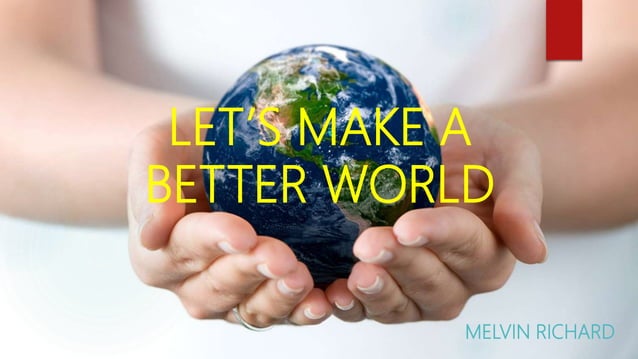Money is one of the most powerful forces shaping human life. It influences our choices, determines our opportunities, and often dictates our happiness. Yet, despite its importance, most people never learn how to manage it wisely. The concept of money betterthisworld revolves around using financial wisdom not only for personal gain but to create a better, more balanced world. It’s about transforming our relationship with money—turning it from a source of stress into a tool for growth, impact, and fulfillment.
Understanding the Idea of “Money BetterThisWorld”
The term money betterthisworld goes beyond personal finance. It’s a mindset—a belief that wealth should serve humanity, not enslave it. In simple terms, it’s about using money to make life better, for ourselves and others. This idea combines financial intelligence with emotional maturity. It challenges the old thinking that money is evil or purely materialistic. Instead, it invites us to see money as energy—something that flows, grows, and can be directed toward good.
To make money betterthisworld, one must first understand that money is neutral. It amplifies what’s already within us. When managed with integrity, it becomes a means to build communities, support innovation, and uplift lives. But when used without purpose or compassion, it can deepen inequality and greed.
The Psychology of Money and Happiness
Money alone doesn’t guarantee happiness—but the way we use it can. Studies and real-life experiences alike show that financial stability brings peace of mind, while meaningful spending brings joy. The money betterthisworld philosophy encourages people to spend intentionally: to invest in experiences, education, and causes that matter.
For example, when someone spends on personal growth or donates to improve others’ lives, the emotional return is far greater than buying another luxury item. This approach helps balance material comfort with spiritual and emotional well-being.
Financial stress is one of the top causes of anxiety in modern life. But when we view money as a supportive tool instead of a controlling force, our mental outlook changes. We begin to appreciate what we have, plan wisely for the future, and share more freely with others.
How to Practice the “Money BetterThisWorld” Mindset
-
Create Conscious Spending Habits: Track where your money goes. Ask yourself whether each expense adds value or merely satisfies a temporary desire.
-
Invest in Meaningful Growth: Education, skills, and relationships are the best investments. They compound over time and bring long-term rewards.
-
Build Financial Resilience: Saving and budgeting don’t restrict freedom—they create it. A strong financial foundation allows you to live with purpose, not panic.
-
Give Back Thoughtfully: Charity, volunteering, or community projects are all ways to circulate wealth positively. When money moves through kindness, it multiplies in impact.
-
Balance Earning and Living: Ambition is healthy, but endless pursuit of more can drain joy. Money betterthisworld encourages balance—earning enough to thrive, not just survive.
This mindset doesn’t require massive wealth. It’s about alignment—making sure your financial decisions reflect your values. Even small, consistent acts like budgeting ethically or supporting local businesses can create ripple effects of good.
The Global Impact of Financial Awareness
On a larger scale, the money betterthisworld approach can influence economies and societies. When individuals manage money responsibly, they strengthen the collective system. Ethical investing, sustainable spending, and transparent business practices all lead to fairer markets and healthier communities.
In this sense, money becomes a shared language of progress. Every transaction is an opportunity to support integrity, innovation, and inclusion. By valuing purpose as much as profit, we create a cycle where prosperity benefits everyone—not just a few.
Conclusion: A New Way to See Wealth
In the end, money betterthisworld isn’t just about managing finances—it’s about managing meaning. It invites us to ask deeper questions: Why do we earn? What do we spend on? How can our money bring value to others as well as ourselves?
When we answer these questions honestly, money transforms from a burden into a blessing. It becomes a bridge between personal success and collective progress. And that’s the ultimate goal—not just to make a living, but to make a difference.
